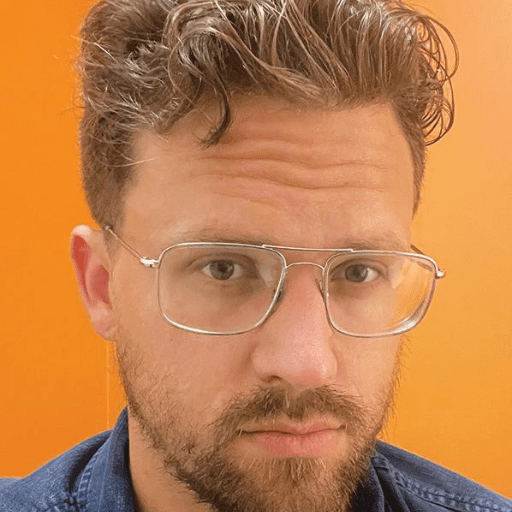The Transformative Power of Connection
Embracing Recovery and Belonging
If you spend any amount of time in recovery spaces (meetings, sober living residences, recovery centers, etc.), it likely won’t be long until you hear someone say something to the effect of “the opposite of addiction is connection.”
Whether that expression resonates with you deeply or you regard it as a touchy-feely recovery aphorism or you’re somewhere in between, there’s certainly something to it. At its core, the expression invites us to imagine a life worth living—and one worth living fully.
I’d take that idea even further and say that community, that is, an interwoven network of connections, has the potential to be an even truer salve for addiction.
Such has been the case for my own recovery and my engagement with and sense of belonging to two specific communities here in Maine. The first might be rather obvious: Portland’s recovery community. And, on second thought, the second one is quite obvious as well if you’ve ever met me in-person or seen any of my creative works, and that’s Portland’s Queer community.
The parallels between these two communities, however, might be less obvious than my belonging to either one of them.
In my experience, finding a home in Portland’s recovery community and in its Queer community came after long periods of inner turmoil, societally-projected shame, and heartbreaking isolation.
Finding my place in both communities required a monumental degree of self acceptance, an ongoing practice that is ever-evolving on multiple levels. When I “came out” to my loved ones about my struggle with addiction a few years ago, the fears I faced were nearly identical to the ones I had when I came out to my family at the age of nineteen. Will this change the way they view me? How might this change the way we interact? Will they still love me? What if they don’t want anything to do with me at all?
The answers to these questions didn’t come as quickly as I would have liked in either case, but when they did come I knew they were for keeps.
I felt this sense of solidification quite viscerally this past June at Portland’s Pride Festival. I was volunteering with the Portland Recovery Community Center at its second annual Pride mocktail bar to raise money for the center’s LGBTQ+ committee. The rain had turned the city streets into streams and the walkways of the park were dotted with ankle-deep puddles. As the mocktail bar’s host and hype person, I spent most of my time outside of the mocktail bar’s tents. I was drenched before the parade had even begun.
My heart warmed at the sound of the crowd getting louder as the parade finished its route from Monument Square to Deering Oaks Park.
“That does not sound like an ill-attended affair,” I thought to myself as I twirled underneath my umbrella (which had quickly become mostly for show given the rain’s ferocity).
A few more hours of rainfall and several “can’t rain on our parade” jokes later, I had a lovely conversation with Leslie Clark, the recovery center’s Executive Director.
We delved into the ways both the recovery and Queer communities show up for their members, how they support one another, and the beautiful intersections where their paths converge.
“You know what it is?” Leslie mused, “I think both groups of people really know what love is” And I couldn’t agree more.
Throughout my Queer journey and my recovery journey, I have encountered profound lessons about love—what it means to love and be loved, to share love, and to nurture love. These communities have continuously embraced me with an immeasurable and boundless love. Time and time again, they have welcomed me back after periods of absence, lifted me up when I’ve fallen, and seen me when I’ve felt invisible.
Of course, no community is without flaws; each carries its own complexities and differing perspectives born from the diverse backgrounds of its members. It’s vital to remember that both the recovery and Queer communities possess long and intricate histories.
These histories contain joyous tales of triumph, but they also bear the weight of intergenerational struggles. Both communities are made up of humans whose very existence has been politicized throughout history. Even today, Queer individuals, particularly our Trans siblings, and those grappling with addiction, especially those in active use, face ongoing discussions about fundamental rights, access to housing, access to healthcare, and the freedom to participate fully in society.
It’s equally important to remember that at the heart of both of these communities is the idea of becoming. Of becoming the best version of oneself—a self that can show up for themselves and their loved ones honestly, authentically, and fully. Of becoming someone who feels seen, who feels safe, and who feels loved; someone who can make others feel seen, safe, and loved in return.
These are the kinds of connections we need more of in every community.



